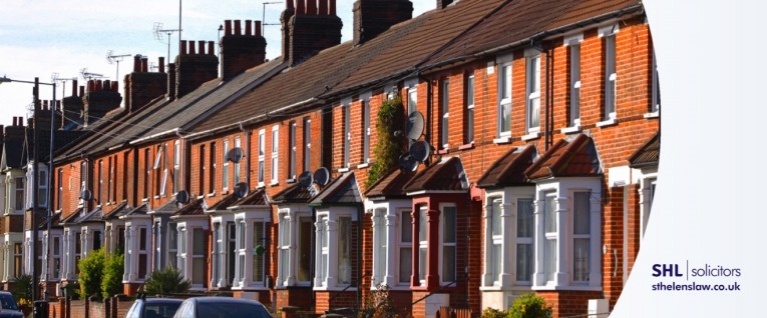When renting a property as a tenant, you have rights if your home falls into disrepair. Your landlord is governed by legislation to keep you safe and keep on top of any repairs that need to be done to your home.
Even if you’re renting from a local authority or housing association, a social housing landlord is still bound by the same legislation as private landlords and they still have to ensure your property remains fit-for-purpose – 365 days a year.
When you sign a tenancy agreement, the details of what your landlord is responsible for should be in that document. In addition to ensuring the structure and exterior of the building is well maintained – including doors, windows and gutters – landlords also need to make sure that the accommodation is kept in a consistently, liveable condition.
This includes making sure water, gas and electricity supplies are in good working order and any sinks, showers and toilets within the property are not broken and work well. It is important to note, however, that it does not relate to appliances making use of the supply of gas, electricity and water.
The Housing Act 1985 and 1996
For clarification, the Housing Act 1985, Section 11 notes that landlords are expected to keep the structure and exterior of the dwelling-house well repaired at all times. In addition, the Housing Act 1996 was introduced to “make provisions about the social rented sector, houses in multiple occupation, landlord and tenant matters, the administration of housing benefit, the conduct of tenants, the allocation of housing accommodation by local housing authorities and homelessness and for connected purposes.”
If you find yourself in a situation where you have repairs – inside or out – at your home, undoubtedly the first step would be for you to contact your landlord. Make sure you take details on what you is wrong and have this to hand when you speak to your landlord.
Even if your landlord is a local authority or housing association, there will be certain channels you need to go through – you will find more details on this on the corresponding websites. You don’t need to worry about being an inconvenience or ‘causing a fuss’ – it is your right to make a complaint if you are not receiving what is stated in law.
Without a doubt, the first step is contacting your landlord to express what repairs need to be completed, but if nothing is done, it doesn’t mean that is the end of the matter and you have to do the repairs yourself. If this is the case, then you have the potential to make a housing disrepair claim to the court in order to force the landlord to complete the repairs.
It is always recommended that you give your landlord an adequate amount of time to complete the repairs. This is especially so when it comes to dealing with a social housing landlord, as they are often responsible for numerous properties, which can often take time.
If time has passed and your home is falling into further disrepair, then that is the time to consider making a housing disrepair claim. At St Helens Law, we are committed to helping you with this, to ensure that your home remains in a great condition. We know that this can feel quite intimidating and we are here to help you every step of the way.
If you want to know where you stand, we can provide you with a completely free 30-minute consultation, during which we can talk about the kind of repairs that haven’t completed and for us to provide you with the best possible advice.
Once you ultimately decide that lodging a housing disrepair claim is for you, then we will provide you with a written estimate for any costs, although it is important to note that we do not accept legal aid. More often than not, St Helens Law can be your legal representative on a ‘no-win, no-fee’ basis, which would ultimately mean no legal costs payable by you.
Contact us
If making a housing disrepair claims is something you are interested in, you can book your free consultation with us by calling 01744 742360 or email us at info@sthelenslaw.co.uk.


